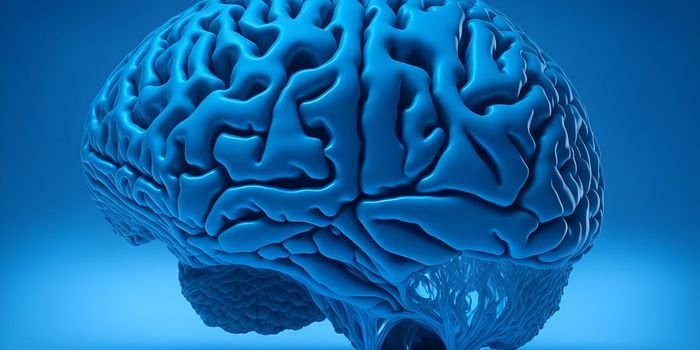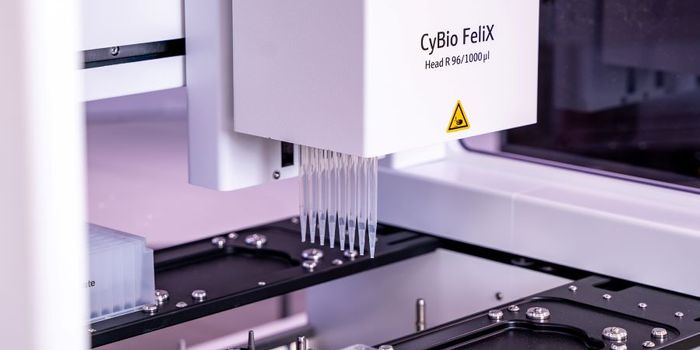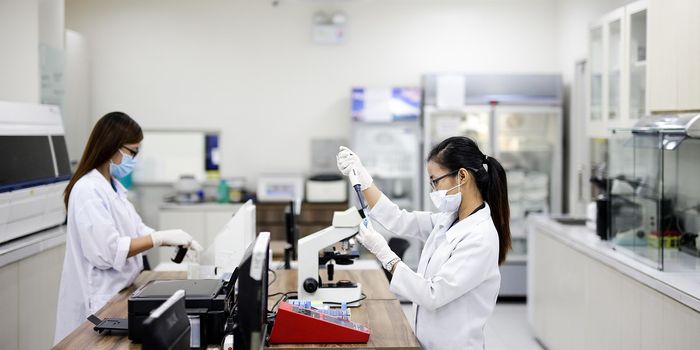Cancer Drug Shows Promise for Treating Alzheimer's Disease

AD is the most common form of dementia. Current treatments for the condition focus on managing symptoms and slowing progression. However, there are currently no approved ways to address its onset.
In the current study, researchers investigated the role of an enzyme called indoleamine-2,3-dioxygenase 1 (IDO1) in Alzheimer's disease. IDO1 is expressed in astrocytes- brain cells that provide metabolic support to neurons- in multiple neurodegenerative disorders. It works by breaking down tryptophan into a compound called kynurenine, forming the first part of the kynurenine pathway, which plays a central role in how the body provides cellular energy to the brain.
The researchers found that when IDO1 generates too much kynurenine, it reduces the glucose metabolism in astrocytes, which is needed to power neurons.
The researchers also investigated whether inhibiting IDO1 could aid memory and brain function in AD by observing in vitro cellular models of amyloid and tau proteins, in vivo mouse models and in vitro human cells from patients with AD. They found that stopping IDO1 helps restore healthy glucose metabolism in astrocytes.
"We're showing that there is high potential for IDO1 inhibitors, which are already within the repertoire of drugs being developed for cancer treatments, to target and treat Alzheimer's," said Melanie McReynolds, the Dorothy Foehr Huck and J. Lloyd Huck Early Career Chair in Biochemistry and Molecular Biology at Penn State and co-author on the paper.
"In the broader context of aging, neurological decline is one of the biggest co-factors of being unable to age healthier. The benefits of understanding and treating metabolic decline in neurological disorders will impact not just those who are diagnosed, but our families, our society, our entire economy," she added.
Sources: Science Daily, Science








